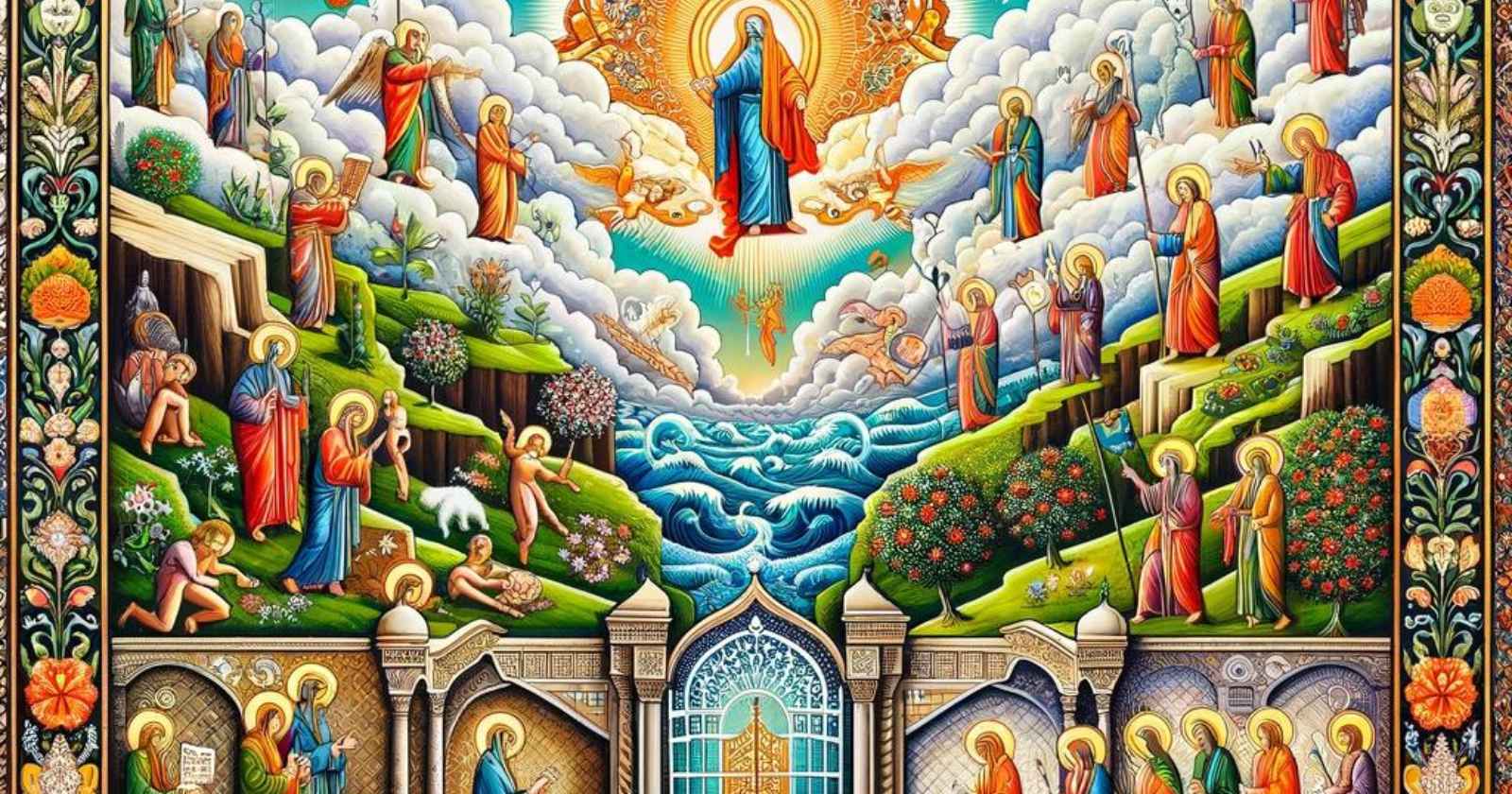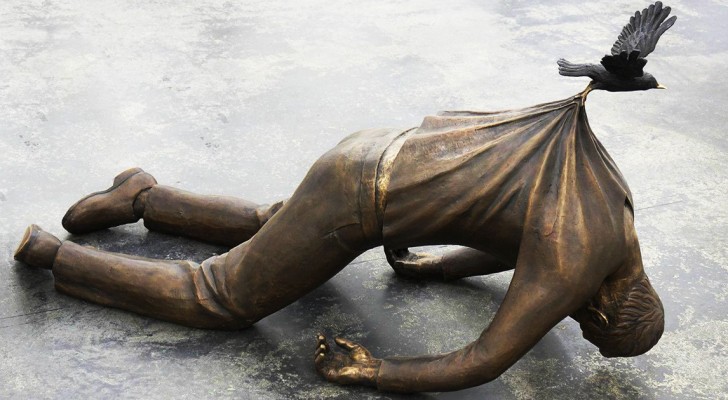Imagine the masterpiece that is Michelangelo’s Sistine Chapel ceiling, particularly “The Creation of Adam.” Here, the touch of God gives life to Adam, a moment of divine love and connection. Within the same grand narrative, we find “The Expulsion from the Garden of Eden,” where Adam and Eve are cast out as a consequence of their disobedience. This contrasting depiction captures the essence of our reflection: the complex interplay of divine justice and mercy, two seemingly opposing forces that, when viewed together, reveal the profound depth of God’s relationship with humanity.
The story of Adam and Eve’s expulsion from Eden is a tale as old as time, often recounted to illustrate the consequences of disobedience to God. On the surface, it’s a straightforward account of divine justice—actions have consequences, and even in paradise, there are rules. Yet, to view this story solely through the lens of divine justice is to miss half of the narrative. It’s not just a tale of punishment; it’s also a profound expression of divine love and mercy.
In their expulsion, Adam and Eve faced the direct consequences of their actions, which is a clear manifestation of God’s justice. However, this is also a story about divine love. God’s decision to expel them from Eden was not only a punitive response but also an act of mercy. In their fallen state, eternal life in Eden would have been an eternal life of separation from God’s fullness, a mercy in disguise preventing a greater despair.
This duality of God’s nature—His justice and His mercy—can often seem paradoxical. We tend to view justice as harsh and unforgiving, while love is seen as gentle and accepting. Yet, in the divine economy, these are not opposing forces but complementary ones. Saint Augustine once said, “God judged it better to bring good out of evil than not to permit any evil to exist.” This perspective reveals that divine justice is always tempered with love, aiming not to punish but to restore, to reconcile, and to bring about a greater good.
Understanding God’s justice through the lens of His love, and His love through the lens of His justice, offers us a glimpse into the heart of the divine. It challenges us to see beyond the immediate pain of consequences and recognize the ultimate purpose of divine actions—to bring us closer to Him, to refine us, and to prepare us for a life in His presence.
When we embrace this holistic view of God’s nature, we find a rare and precious insight into the divine character. It teaches us that every act of divine justice is an act of love and that His love is so profound it encompasses even His justice. This understanding deepens our relationship with God, inviting us to trust in His plan for us, even when it’s difficult to see the full picture. In the harmony of justice and love, we find the true essence of the divine, a balance that guides us back to Him, refined and renewed.


